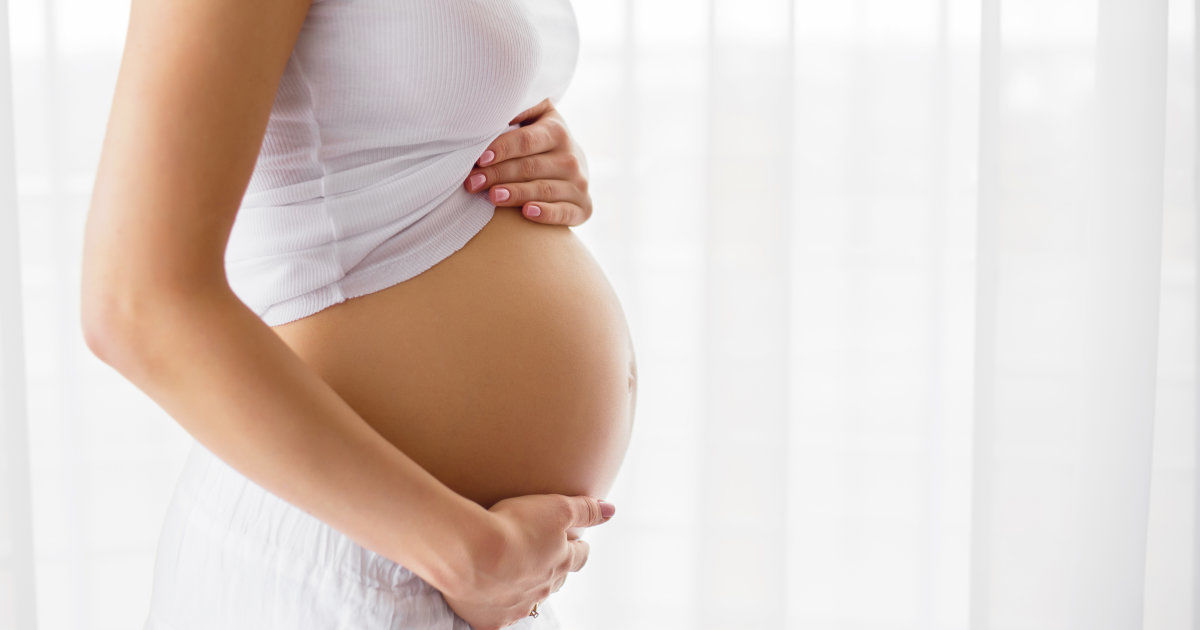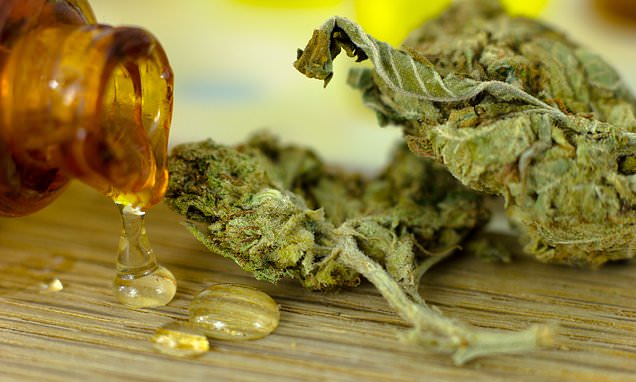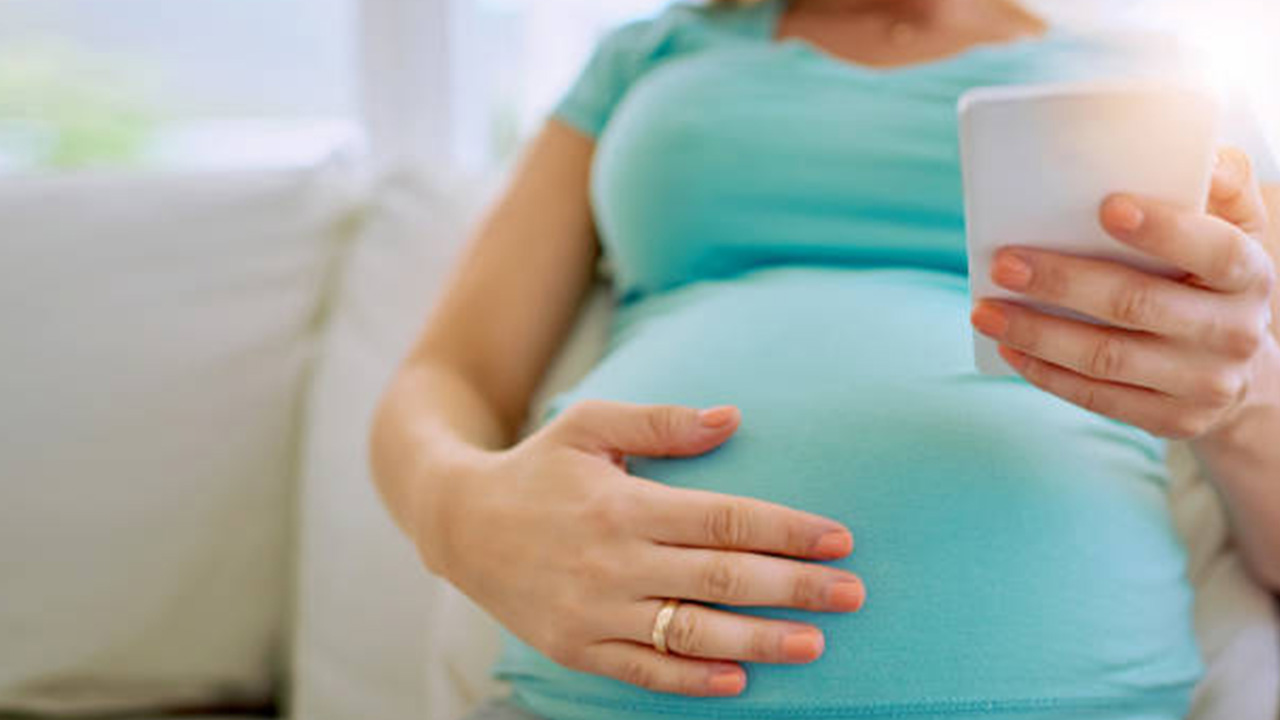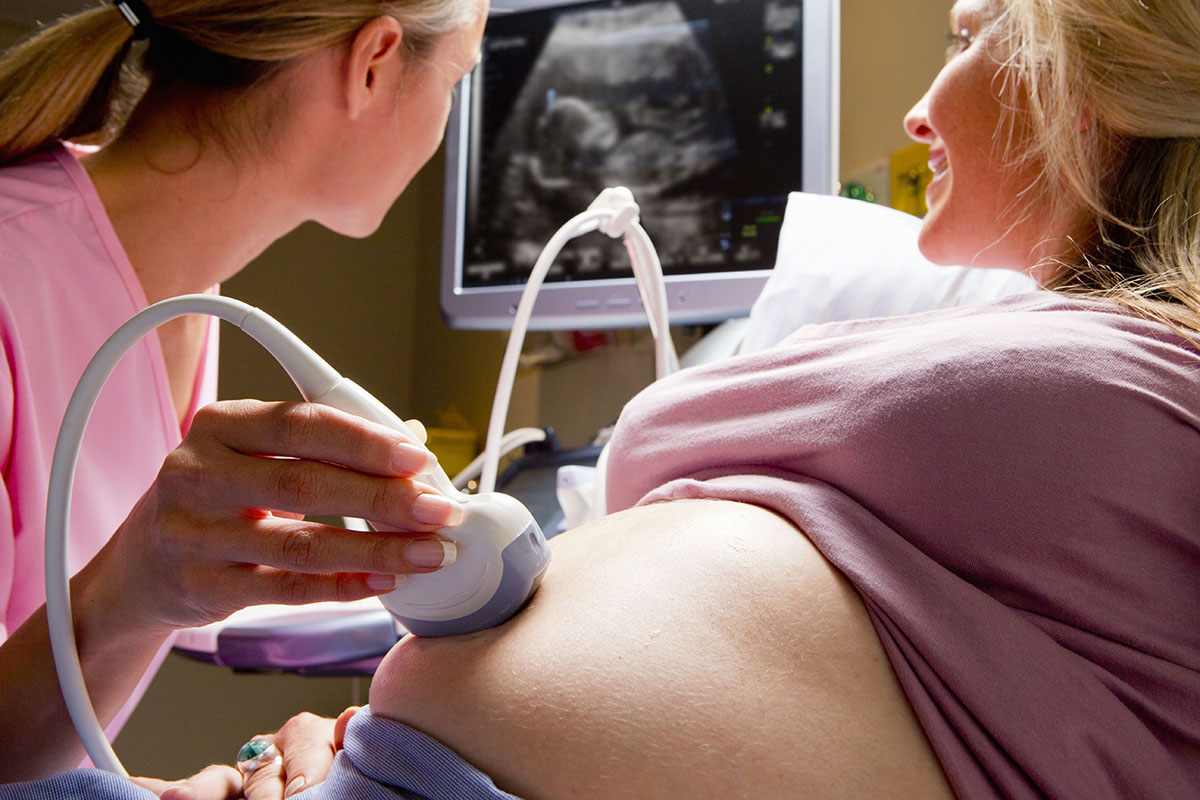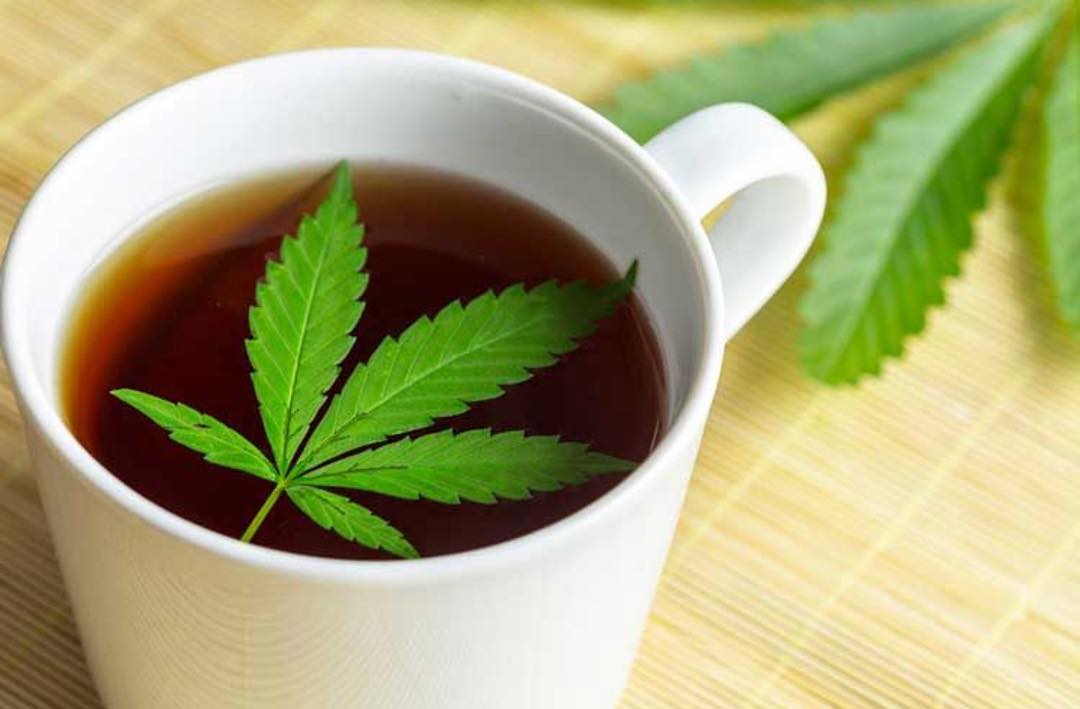- Pressure to loosen NHS guidelines on medical cannabis use is growing in the UK
- The British Medical Journal warned that widespread use could lead to disaster
- The potential crisis was compared to the thalidomide scandal of the 50s and 60s
Each of the 400 phone calls to the cannabis dispensaries followed a script. ‘Hi,’ said a female voice. ‘I’m eight weeks pregnant and feeling really nauseated. Are there any products recommended for morning sickness?’
In two-thirds of cases, the reply was: ‘Yes’.
Around half of those callers who’d received an affirmative answer were then advised to buy a specific ‘cure’ in a form, they could eat.
Just under 40 per cent were told to get it in a form that could be inhaled or smoked. Most of the remainder were offered tinctures or drinks.
The recommended cure in question? Marijuana. But far from being genuine requests for help from expectant mothers, the phone calls were part of a research project by the University of Colorado.
The researchers were pretending to be pregnant to see how cannabis — legal for medical reasons in the U.S. state of Colorado since 2000 and fully legal since 2014 — was being dispensed. The answers they received offer a worrying insight into the booming medical marijuana industry.
‘After eight weeks [of pregnancy], everything should be good with consuming alcohol and weed,’ one dispensary assistant replied.
‘When I was pregnant and started to feel nauseous, I did not smoke [cannabis] more than two times a day,’ recommended the proprietor of another clinic.
‘Edible [marijuana] would not hurt the child,’ reassured another, telling the woman, wrongly, that something ‘going through your digestion tract’ will have no effect on an unborn child.
Of the 277 dispensaries that recommended cannabis as a cure for morning sickness, three-quarters then attempted to sell a version of the drug-containing THC, the chemical that gives users a ‘high’.
Many also advised their pregnant patients to keep their consumption of this intoxicating drug secret from their doctor.
‘The doctor will probably just tell you that marijuana is bad for kids and try pushing pills on you,’ said one. ‘I do not know if the baby doctors are chill or not, [so] do not go stoned when you talk to them,’ warned another.
Perhaps those doctors had a good reason for their reservations about cannabis. For the Colorado research paper, published in the journal Obstetrics and Gynaecology earlier this year, highlights cannabis as a matter of growing concern to medical practitioners across the world.
Increasingly, marijuana is being sold for medical reasons. Yet this ‘medical’ marijuana is very far from being the safe, natural healthcare product its often-rapacious suppliers would have us believe.
In some circumstances, the product — which is becoming legal in growing numbers of countries, including Canada, the U.S. and most recently Britain in highly specific circumstances — can be dangerous and possibly fatal. Particularly when taken by pregnant women.
To blame is a simple fact: a multitude of studies over several years have shown all forms of cannabis to be ‘teratogenic’. Meaning that, like tobacco or excessive alcohol, they can harm a foetus.
The drug has been linked to a host of serious birth defects, including at least six life-threatening deformities.
They include two congenital heart problems; a neurological condition called anencephaly, in which a child is born with a large portion of the brain missing, often dying within hours; and the birth defect gastroschisis, where the intestines develop outside the body.
‘Babies exposed to marijuana in utero are at increased risk of admission to neonatal intensive care units,’ says Torri Metz, a University of Utah professor who was among the Colorado study’s authors.
‘There are also concerns about possible long-term effects on the developing brain, impacting cognitive function and decreasing academic ability later in childhood.’
Which brings us to the situation in Britain, where there is pressure on the Government from an increasingly powerful cannabis lobby to loosen the NHS guidelines on medical cannabis use.
They were relaxed this year following two high-profile cases involving children who suffer from serious forms of epilepsy.
One, Alfie Dingley, found an unlicensed, technically illegal cannabis oil from Holland prevented his seizures. Another, Billy Caldwell, had medical marijuana from Canada confiscated at customs, causing him to be admitted to hospital with what his family described as ‘life-threatening’ seizures.
In response to the public outcry over both cases, the Home Office relaxed the law to allow specialist doctors to prescribe unlicensed cannabis-based drugs to patients.
Their use is still limited to three distinct conditions: epilepsy, nausea associated with chemotherapy, and muscle stiffness associated with multiple sclerosis. Even then, patients must first have tried conventional medicines.
But the cannabis lobby is calling for it to be made more widely available, claiming six million Britons would eventually use the product for a variety of ailments, including pain and nausea relief. It would almost certainly mean dispensaries handing it out over the counter, just like in Colorado.
The British Medical Journal (BMJ) recently published an article arguing that the widespread use of medical cannabis could eventually lead to a public health crisis bearing comparison with the thalidomide disaster.
That scandal, one of the most notorious in modern history, came after the drug thalidomide was given to large numbers of pregnant women from the late Fifties to the early Sixties, mostly to treat morning sickness.
It caused hundreds of thousands of miscarriages and resulted in around 10,000 babies being severely deformed. Many died.
‘Thalidomide was marketed for anxiety, morning sickness and pain relief. Very similar claims are now being made about cannabis, and we are being told that millions of people should take it,’ says the author of the BMJ article, Dr Albert Reece, a professor of medicine at Edith Cowan University in Perth, Australia.
‘But as with thalidomide, no one is properly looking at the side-effects. They are frightening.
‘During foetal development, the presence of it increases the chances of a child developing heart and intestinal defects. In the womb, it can also not only interfere with brain development but basically amputate the forebrain.’
Even for adults, there are serious side-effects, he adds: ‘Cannabis is linked to serious psychiatric symptoms, including depression, anxiety, bipolar disorder and schizophrenia. Plus stroke, heart attack and 12 kinds of cancer.’
The cannabis doctors can now prescribe in Britain — albeit only to certain very sick patients — can have intoxicating levels of the chemical THC. Most British patients who will take it are expected to be given it in the form of capsules or a highly concentrated oil. However, chemically speaking, there will be very little to distinguish these medical products from what recreational cannabis users might smoke.
For example, Bedrocan, a Dutch-made brand which is one of the world’s most popular varieties of medical cannabis, contains 22 per cent THC according to its manufacturer’s website, making it more intoxicating even than the ‘skunk’ (which ranges from around 14 per cent to 20 per cent THC for ‘superskunk’) that illegal dealers sell.
The difference, says the manufacturer, is that Bedrocan — which consists purely of dried cannabis flowers — is chemically standardised, so it is easier to regulate dosage when taking the product.
Meanwhile, in California, where medical cannabis was first made available 20 years ago and has since been entirely legalised, a high-profile organisation called ‘Cannamommy’ advertises a range of what it terms ‘safe, organic natural products’ designed for mothers. One popular brand of medical marijuana is called ‘Trainwreck’, advertised as a cure for migraines, pain and arthritis.
According to the maker, the product, which is between 12 and 21 per cent THC and is sold in a dried form suitable for smoking, ‘begins its hurtle through the mind with a surge of euphoria, awakening creativity and happiness’.
Another Cannamommy product, ‘Green Crack’, which it recommends for housewives suffering ‘fatigue, stress and depression’, induces ‘an invigorating mental buzz’. A third, ‘Guerilla Glue’, will apparently ‘deliver heavy-handed euphoria and relaxation, leaving you feeling glued to the couch’.
To critics, this sales patter suggests many customers are as interested in enjoying a legal high as they are the medical benefits.
And when medical marijuana products are aimed at mothers, it’s a dangerous trend, they argue.
‘We are at ground zero of this new medical epidemic, which will lead to havoc,’ says one critic, Karen Randall, an emergency room physician in Colorado. ‘The number of babies testing positive for THC has increased dramatically.’
Randall says her local area contains 15 medical cannabis dispensaries. ‘When a breastfeeding mother uses marijuana, it gets concentrated in the breast milk.
‘There are many studies that show memory is decreased with constant use, so I guess that in five to ten years, we are going to see a lot of kids with learning issues.’
Someone who illustrates the potential hazards is Marie McKillop, 36, from the Australian city of Brisbane, who says smoking marijuana during pregnancy led to her daughter’s death.
Her baby, named Crystal, weighed just 2lb 9oz at birth and was unable to breathe or feed unaided because of a serious congenital heart defect. She underwent three major heart surgeries but died aged eight months.
Adding to her mother’s trauma was the fact she’d previously had four miscarriages. ‘I felt totally broken,’ Marie says.
At the time the tragedy occurred, several years ago, McKillop was a troubled young woman battling substance abuse problems.
Though clinicians advised her to steer clear of the hardest illegal narcotics, they concluded that she should continue to take marijuana while pregnant. ‘The fear was that if I stopped, it would give me withdrawal symptoms, which could make me miscarry,’ she recalls.
Later, in hospital reports, marijuana was described as a ‘high contributing factor’ to Crystal’s subsequent health problems.
Thankfully, having weaned herself off drugs, Marie has since had three healthy children.
Others won’t be so lucky.
Her doctor, Stuart Reece, believes the drug affects three key organs of an unborn child: the brain, the heart and the intestines.
He cites a study in the Toxicology Journal last year in which pregnant laboratory mice were exposed to cannabis, which found that ‘smoking marijuana during pregnancy even at low doses can be embryotoxic and fetotoxic’; and a University of Arkansas study also from 2017 which associated prenatal cannabis exposure with ‘lower birth weight, life-long smaller head circumference, reduced length of gestation, neonatal neurological disturbances, [and] reduced function in specific cognitive domains’.
Two studies by the American Center for Disease Control have linked it to anencephaly, while the American Heart Association and American Academy of Pediatrics believe it increases rates of ventricular septal defect and Ebstein’s anomaly, two heart defects.
The drug’s links to gastroschisis — when the intestines develop outside the body — are documented by, among others, a long-running Canadian study and a Hawaiian research project which has linked cannabis to no fewer than 21 birth defects.
‘Only once has a known teratogen like cannabis been marketed globally,’ Dr Reece says.
‘That was thalidomide. It’s the reason we have the entire modern drug approval system, but the medical cannabis lobby is saying that the system should be abandoned and the drug should be given to millions of people. It’s incredibly dangerous.’
Sharing this view are 166 of Britain’s most eminent pain relief doctors. Last month, they wrote to The Times, saying medical cannabis ‘will provide little or no long-term benefit in improving pain and may be associated with significant long-term adverse cognitive and mental-health detriment.’
They argued there is no medical evidence that, in this field, cannabis works. There are, however, serious psychological problems associated with its regular use.
The 166 doctors cited a report from the International Association for the Study of Pain, which took in the results of 104 studies.
The report concluded that 24 patients in pain would need to be treated for just one to experience any benefit.
Yet one in six would suffer some form of ‘harm’ due to side-effects, including nausea, dizziness, insomnia and depression.
And the report concluded: ‘It seems unlikely cannabinoids are highly effective medicines for chronic non-cancer pain.’
‘As doctors, the first law is to “do no harm”,’ says author Dr Raj Munglani, a chronic pain expert who practises in Cambridge and London. ‘We could end up damaging more people than we help. We fear new rules in the UK could cause a major public health crisis.’
Until this year’s relaxation in the law, drugs in Britain that are made from cannabis had an identical status to those derived from other illegal narcotics such as heroin.
To be licensed for medical use, these products must undergo stringent testing to ensure that they are effective and safe.
Though the licensing process takes several years, it’s perfectly possible to negotiate it.
The UK firm GW Pharmaceuticals has done just that with marijuana, developing two licensed drugs: Sativex (with moderate levels of THC) which treats spasticity associated with multiple sclerosis, and Epidolex, for epilepsy (interestingly, patient notes make clear that they must never be taken by pregnant women).
In theory, there’s never been anything to stop other advocates of medical cannabis developing licensed products in this way to combat the myriad other conditions they say it can treat. But none have so far succeeded.
It seems it’s far easier to lobby politicians to relax the licensing laws. But the danger is that this could one day lead to a situation in Britain where, as in Colorado, cannabis is sold as a cure for morning sickness — with potentially terrifying consequences.
Soure: DailyMail
 Based on +200
reviews
Based on +200
reviews

